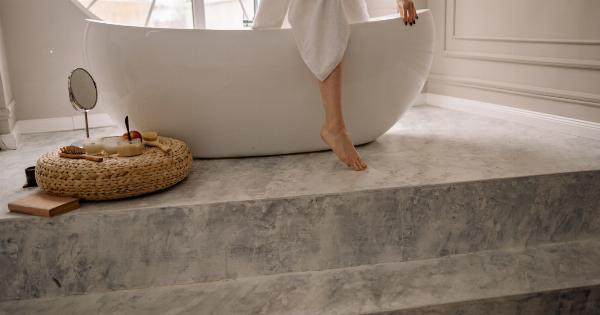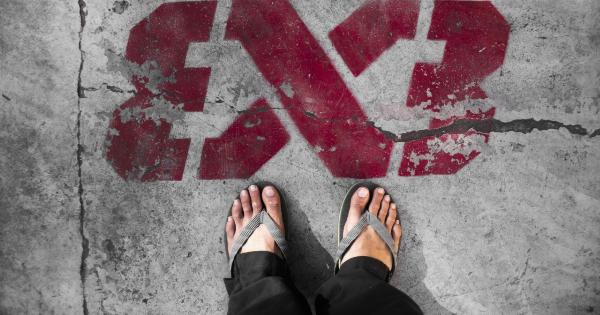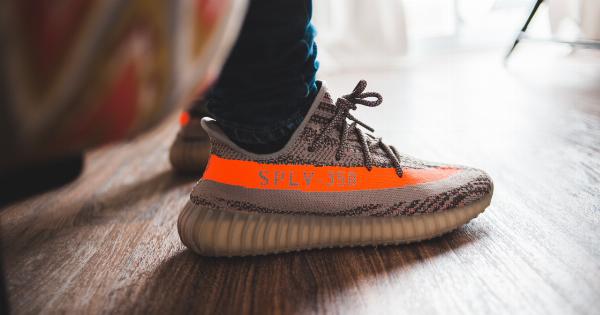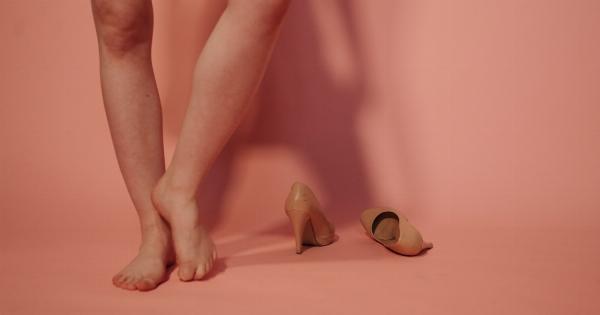High heels are a fashion statement, make you look taller, and can boost your confidence. However, they are notorious for causing discomfort and pain, particularly on your feet.
If you are a high heel enthusiast, it’s essential to manage your feet health to prevent possible injury and discomfort.
1. Start with Comfortable Fitting Shoes
The most crucial factor to keep in mind is the size and fit of shoes. Always select shoes that fit you well and comfortably. Ill-fitted shoes can cause blisters, calluses, corns, and other foot problems.
High heels should not be too tight or too loose; they should provide ample support to your feet.
2. Choose Low or Mid-Height Heels
High heels are a fashion statement, but higher heels come with a greater risk of injuries. Therefore, it is essential to wear lower or mid-height heels to reduce the risk of discomfort and injuries.
Lower heels mean a lesser angle between your heels and the ground, which prevents putting too much pressure on your toes and feet.
3. Go for Thick Heels
The kind of heel also matters. For instance, stiletto heels put the most pressure on your toes and balls of the feet, while thick or block heels provide better support and balance. Thicker heels also lower the risk of accidents.
They will prevent you from sinking into soft surfaces like carpets and can support your feet on uneven surfaces.
4. Build Your Feet Strength and Flexibility
Your feet have muscles and joints that need to be trained for wearing high heels. Exercising your feet primes them for coping with the pressure exerted by high heels, reducing the possibility of injuries.
Starting yoga or Pilates and gentle exercises such as calf raises and toe strengthening will help flex and strengthen your feet. Use a tennis ball or a massage ball to roll under your feet to loosen them up.
5. Wear Orthopedic Insoles
Orthopedic insoles can improve the distribution of pressure in your feet while maintaining your comfort. This maximizes the support high heels can offer to your feet, making walking in high heels less straining.
Insoles can also give you added cushioning on hard surfaces, lowering the stress to your feet.
6. Take Breaks From High Heels
High heels’ damage to your feet does not happen overnight, but can build up with time. Taking breaks from high heels gives your feet time to rest and recover.
Don’t wear high heels for more extended periods as it puts pressure on your toes and causes discomfort. Alternate with flats to minimize the pressure and let your feet recover.
7. Stretch Your Feet After Removing High Heels
Stretching your feet after removing your high heels is essential as it can help relieve the stress on your feet and prevent soreness. Sit and flex your toes up and hold for 10 seconds; then, point your toes down and hold again.
Rotate your feet in a circular motion to loosen up joints and muscles around the toes and ankles.
8. Choose the Right Occasion
You cannot wear high heels to every event. Choosing the right occasion for your high heels is essential. Walking in heels on rough surfaces or grass terrain can cause slips, trips, and falls.
If you need to walk on uneven surfaces, consider wearing lower heels or flats to avoid possible injuries.
9. Choose the Right Material
The material used in making high heels also matters. High-quality leather shoes give better breathability to your feet as leather absorbs sweat, reduces the risk of blisters and other skin irritations.
If you have sweaty feet, opt for shoes with a suede lining and insole to absorb moisture.
10. Get the Right Fitting
The size of the shoes is just as important as the kind of shoes. The size of your feet changes with time, and the same shoe size may not be appropriate years down the line. Always try to measure your feet to ensure the correct size and fitting.
Most stores have a size chart that can help you select the perfect fit of shoes.
Conclusion
High heels can make you look and feel stylish, but you need to maintain proper feet health to enjoy wearing them, and avoid injuries or discomfort.
You can maintain your feet’s health by choosing comfortable-shoe-fitting, building your foot strength, choosing low or mid-height and thick heels, taking breaks, stretching your feet, and choosing the right shoe material. Follow these tips to strut your high-heeled stuff in style, safety, and comfort.


























